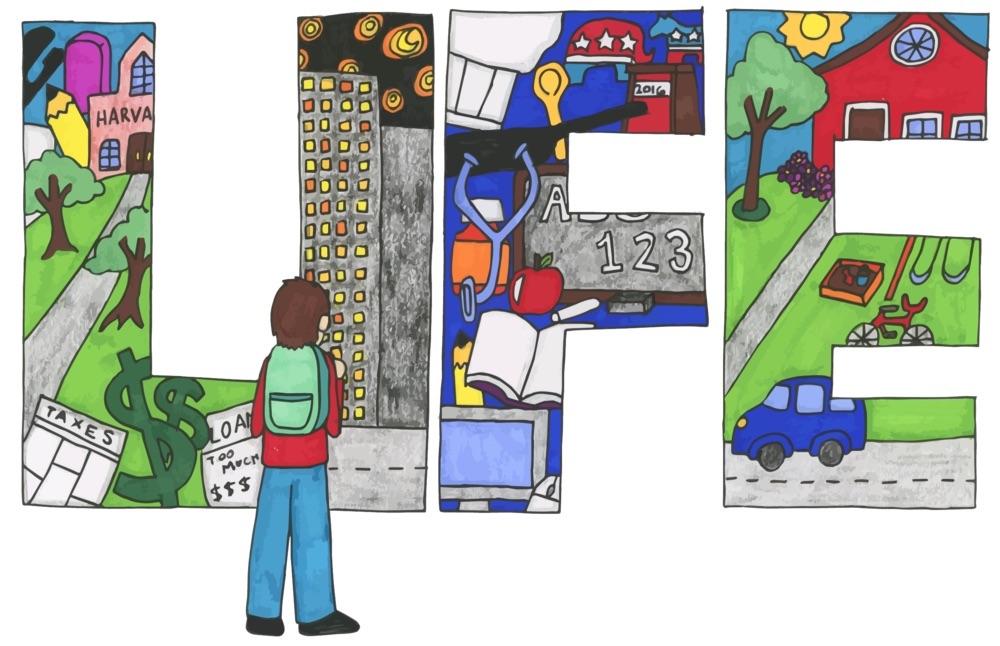If someone asked us to get rid of our cell phones or deactivate our Facebook accounts, the immediate defense would likely be that those things make our lives and communication more convenient. We would argue that it makes staying in touch with those we do not see on a regular basis more feasible. While these arguments are certainly true, they are hardly the main uses of communicative technology in our society today.
Because of mass technological advances, our society has a wide variety of avenues through which we communicate. We use Facebook, Twitter, Instagram and other social media outlets to update our friends and family about our lives without having a conversation in person. Likewise, we can keep up with the goings-on of others without getting together to catch up over dinner or a cup of coffee. The ability to connect to these sites on our cell phones has brought updates literally to our fingertips.
While these inventions are certainly useful and convenient, they come with the side effect of interrupting or even replacing face-to-face interactions. One in five people check their phone at least once every 10 minutes, according to Time magazine.
In addition, The Huffington Post states that 80 percent of adults ages 18-24 sleep with their phones right next to them. Phones have become an integral part of us. If we check our phones that often, how many times do we break eye contact during an interaction? How often do we nonverbally show we are no longer interested in the person standing in front of us?
Now, we may not intend to disrupt a conversation when checking our phones; it may be a habit that leads us to check so often.
Sometimes we do it out of discomfort. Comfortable silence is no longer present in conversation. Because we live in a society of instant gratification, the moment there is a lull in conversation, it is a reflex for many of us to pull out our phones.
The problem with all of these advances in technology is evidenced in face-to-face communication. In gaining technological proficiency, we have lost many conversational skills.
How many times have you been in a group of people in which many, if not all, have their phones out? What is the point of keeping up with people through technology if we avoid keeping up with the friends right in front of us?
Technological communication and social media should not replace real relationships. There is so much depth that is lost between two people when they are separated by a cell phone screen. We miss out on facial expressions, body language and tone of voice, in addition to often interrupting the quality time with people physically surrounding us.
While it might be easier to shoot someone a text, I would challenge you to take the time to have more real conversations, the original “hands-free” way: face-to-face.
Contact Miranda Cloyd at mcloyd16@my.whitworth.edu








 Spokane?
Spokane?